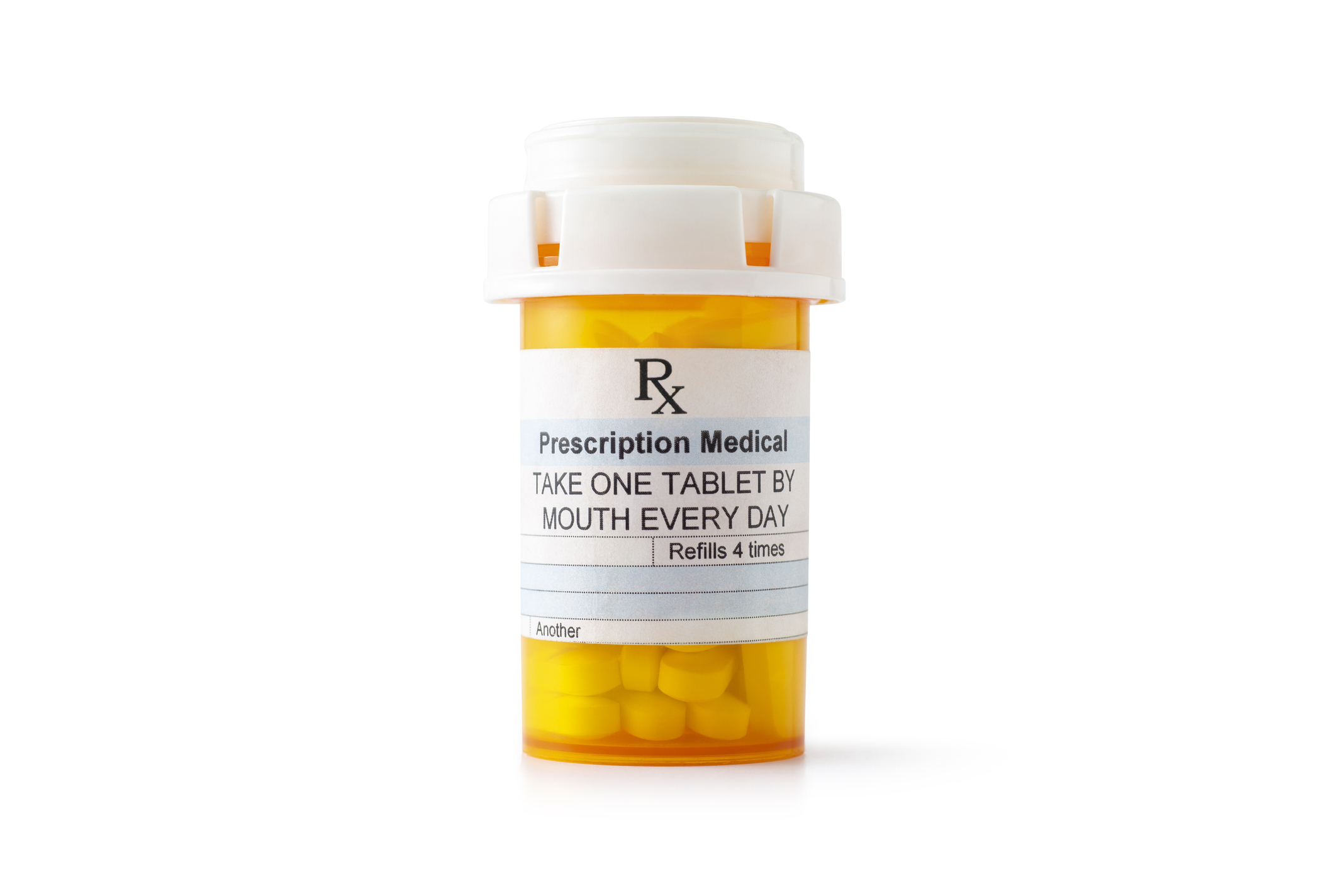MENUMENU

Anyone who takes prescription painkillers like Vicodin or Percocet is at risk of developing a tolerance. This tolerance can lead to dependence and even opioid addiction, even when the medication is taken responsibly and as prescribed by a medical doctor.
While it is essential to trust your doctor, over-prescription of opioids can happen. That is why it is crucial to talk to your doctor or pharmacist about your opioid prescription before taking them. Having a strategy for taking them is essential since opioid dependence can begin just five days after using them.
Opioids work by blocking the feelings of pain while triggering the release of dopamine. This chemical provides an excellent feeling to the body, but it doesn’t last and leaves the body craving that feeling of reward. Even if the purpose of taking these pills is pain relief, it can still lead to the brain seeking opioids for that good feeling rather than other non-drug activities that release dopamine.
Opioids include prescription painkillers such as:
The illegal drug heroin is also an opioid. Each of these drugs is chemically similar, causing them to have similar effects on the body.
The more a person takes opioids, the more their brain gets used to them, building a tolerance. Having a tolerance to opioids means that a person has taken enough opioids over a period of time that requires them to take higher or more frequent doses to achieve the same feeling.
When someone becomes dependent on opioids, the parts of their brain that commonly release dopamine will not function correctly unless they take opioids so when a person becomes addicted to opioids, they can experience intense urges to take the opioids even though it is having negative impacts on their life and their health.
Opioid withdrawal has symptoms that mimic the flu or bad food poisoning including:
These symptoms may sound like the flu but they are much worse with the constant urge to give the brain the opioids it is signaling the body for.
If you or someone you know is seeking suboxone clinic services in Pittsburgh, contact South Hills Recovery Project today to learn more about our addiction medicine services.